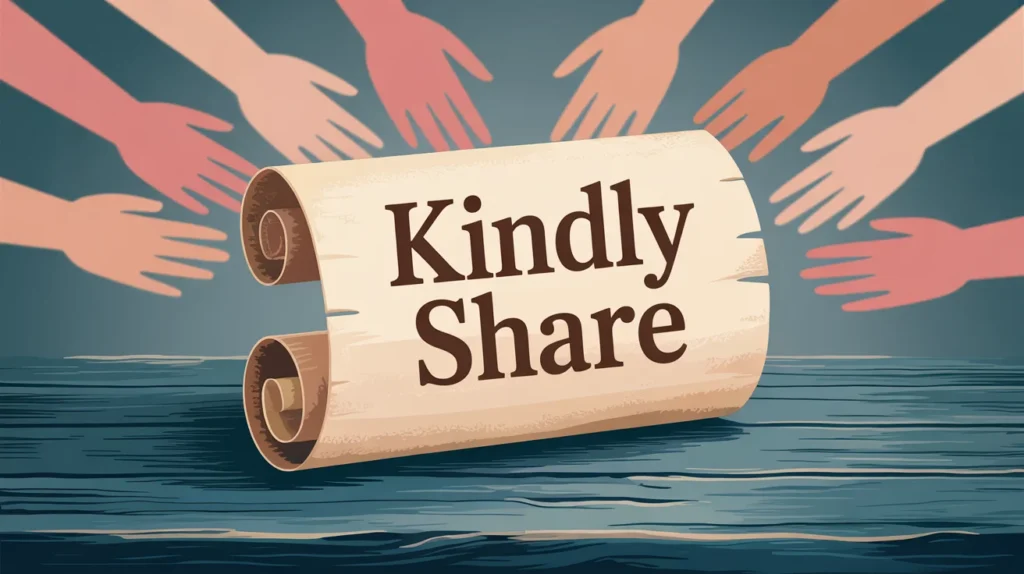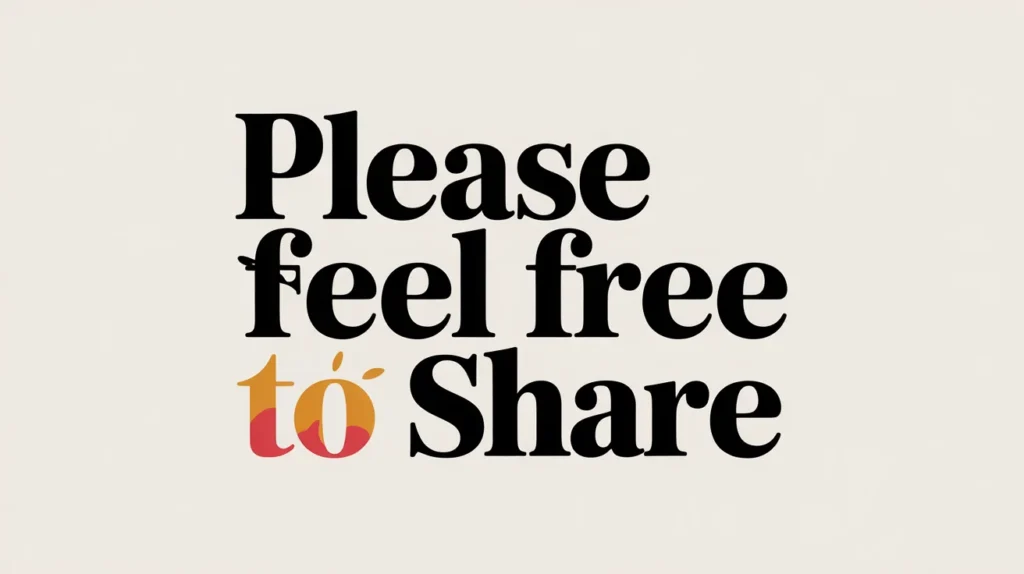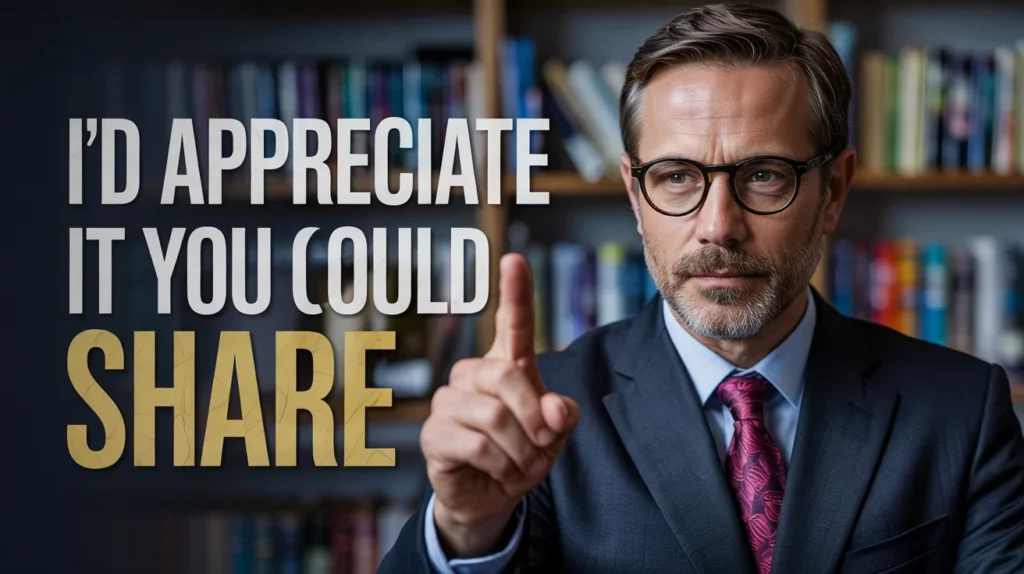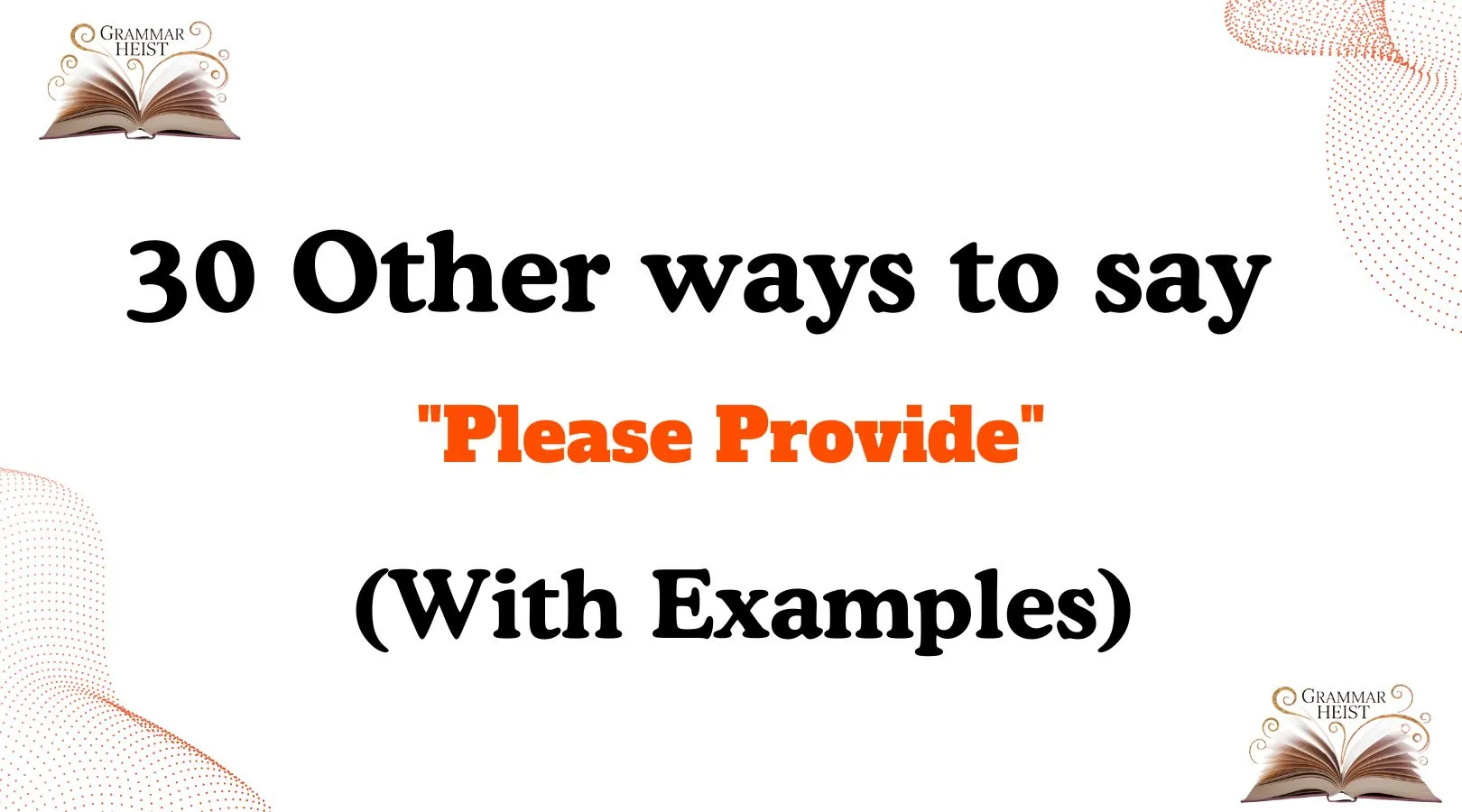When we communicate, the way we phrase our requests can significantly impact how the message is received. Whether in a professional or personal setting, finding the right words can convey warmth, respect, and understanding.
By using alternative phrases to “Please provide,” you can create a more personal and thoughtful experience for both yourself and the person you’re communicating with. Let’s explore 30 alternative ways to say “Please provide” to help make your requests sound more considerate and engaging.
Is It Professional/Polite to Say “Please Provide”?
The phrase “Please provide” is commonly used in professional settings, but it can sometimes come across as too direct or impersonal. While it’s polite and clear, depending on the context, you might want to consider alternatives that express the same request while sounding warmer or more engaging.
Pros or Cons of Using “Please Provide”
Pros:
- Polite & Professional – Maintains a courteous tone in formal communication.
- Clear & Direct – Clearly specifies what is needed.
- Encourages Cooperation – Softens the request, making it more likely to be fulfilled.
- Widely Accepted – Commonly used in emails, reports, and customer service.
Cons:
- Can Sound Formal or Impersonal – Might feel too rigid in casual conversations.
- Overused in Business Communication – May come across as generic or repetitive.
- Potentially Passive – Lacks urgency compared to direct requests like “Send” or “Give.”
- May Be Misunderstood – In some cases, “please provide” might not specify the exact format or details needed.
Synonyms For Please Provide
- Kindly Share
- Would You Mind Sharing?
- Could You Please Provide?
- Would You Be Able to Provide?
- I Would Appreciate It If You Could Provide
- Please Do Share
- Please Feel Free to Share
- Would You Kindly Provide?
- I Would Be Grateful If You Could Provide
- Can You Share?
- May I Have?
- Would You Be So Kind as to Provide?
- Would It Be Possible to Provide?
- Could You Kindly Provide?
- I’d Appreciate It If You Could Share
- Could You Please Share?
- If You Could Provide
- Would You Mind Providing?
- Could You Send?
- May I Request?
- If You Don’t Mind Sharing
- I Would Like to Request
- Could You Please Send Over?
- Would You Kindly Send?
- Could You Provide Me With?
- If Possible, Could You Provide?
- Would You Mind If I Asked for?
- Could You Please Clarify?
- Can You Please Offer?
- Would You Be Kind Enough to Provide?
1. “Kindly Share”

Scenario: You’re asking someone to give you information, and you want to sound considerate. Examples:
- “Kindly share your report when you have a moment.”
- “Would you kindly share the details of the event?”
- “Could you kindly share your thoughts on this proposal?”
Tone: Polite, considerate, and gentle.
Explanation: This alternative softens the request and shows respect for the recipient’s time, making the tone warmer and more collaborative.
2. “Would You Mind Sharing?”
Scenario: You’re asking someone to provide something and want to sound respectful of their time and effort. Examples:
- “Would you mind sharing the latest updates with me?”
- “Would you mind sharing your perspective on the issue?”
- “Could you mind sharing that document with me?”
Tone: Thoughtful, polite, and respectful.
Explanation: By adding “Would you mind,” this phrasing emphasizes a polite request rather than a direct demand.
3. “Could You Please Provide?”
Scenario: A professional email where you’re requesting information politely. Examples:
- “Could you please provide your feedback on the project by Friday?”
- “Would you please provide the numbers for this quarter’s sales?”
- “Could you please provide your availability for a meeting?”
Tone: Polite and formal.
Explanation: A slight variation of “Please provide” that maintains a respectful tone without sounding too formal.
4. “Would You Be Able to Provide?”
Scenario: You’re asking for something while acknowledging that the recipient might have constraints. Examples:
- “Would you be able to provide me with a reference letter?”
- “Could you be able to provide the details for next week’s event?”
- “Would you be able to provide your thoughts on this matter?”
Tone: Considerate, acknowledging potential constraints.
Explanation: By phrasing it this way, you’re acknowledging that the request may require effort and are being respectful of the other person’s time and abilities.
5. “I Would Appreciate It If You Could Provide”
Scenario: A more formal request in professional communication. Examples:
- “I would appreciate it if you could provide your input on the proposal.”
- “I would appreciate it if you could provide the report before the meeting.”
- “It would be great if you could provide an update on the project.”
Tone: Formal, respectful, and appreciative.
Explanation: This approach focuses on gratitude and polite phrasing, which helps build goodwill and positive rapport.
6. “Please Do Share”
Scenario: A slightly more casual or informal request. Examples:
- “Please do share any questions you might have.”
- “Would you please do share your thoughts on the matter?”
- “Could you please do share the documents with me?”
Tone: Warm, casual, and approachable.
Explanation: This phrasing gives a more conversational feel, making it great for informal communication while still being polite.
7. “Please Feel Free to Share”

Scenario: When inviting someone to contribute without pressure. Examples:
- “Please feel free to share your opinion at any time.”
- “Please feel free to share any additional information you might have.”
- “If you’d like, please feel free to share the data.”
Tone: Friendly, open, and welcoming.
Explanation: This phrase is inviting and gives the recipient the option to share without feeling pressured, offering more freedom and flexibility.
8. “Would You Kindly Provide?”
Scenario: A formal request asking for information in a professional context. Examples:
- “Would you kindly provide the requested materials by the end of the week?”
- “Could you kindly provide your input on the proposal?”
- “Would you kindly provide an update on the status?”
Tone: Formal and polite.
Explanation: This phrase adds an extra level of politeness, making it perfect for formal settings where you want to maintain professionalism and respect.
9. “I Would Be Grateful If You Could Provide”
Scenario: When expressing sincere gratitude in advance for the favor you’re asking. Examples:
- “I would be grateful if you could provide the necessary documents by Friday.”
- “I would appreciate it if you could provide your insights on this issue.”
- “I’d be grateful if you could provide your expertise in reviewing this.”
Tone: Sincere, respectful, and appreciative.
Explanation: The phrase emphasizes gratitude and shows that you value the recipient’s contribution.
10. “Can You Share?”
Scenario: A casual request when asking someone for something in a less formal context. Examples:
- “Can you share the link with me?”
- “Would you mind if you can share the notes from the meeting?”
- “Can you share what happened during your meeting?”
Tone: Casual, informal, and to the point.
Explanation: This phrasing is much more direct but still friendly and polite. It’s suitable for informal settings.
11. “May I Have?”
Scenario: You are politely asking for something in a professional context, but with an added touch of formality.
Examples:
- “May I have the report by Friday?”
- “Could you tell me if I may have access to that document?”
- “May I have your approval on this request?”
Tone: Formal and polite.
Explanation: This phrasing is often used in more formal settings and implies respect for the other person’s authority or decision-making process.
12. “Would You Be So Kind as to Provide?”
Scenario: A very polite and somewhat old-fashioned way to make a request. Examples:
- “Would you be so kind as to provide the requested data?”
- “Could you be so kind as to provide your expertise?”
- “Would you be so kind as to provide your insights on this project?”
Tone: Extremely polite and deferential.
Explanation: This phrase conveys a high level of respect and is useful when trying to be particularly courteous.
13. “Would It Be Possible to Provide?”
Scenario: Asking for something with an added level of understanding that the person might be busy.
Examples:
- “Would it be possible to provide your feedback on the proposal by tomorrow?”
- “Could you let me know if it would be possible to provide the details?”
- “Would it be possible to provide a copy of that document?”
Tone: Respectful and considerate.
Explanation: This phrase makes the request sound more like a suggestion rather than a demand, which helps reduce pressure on the recipient.
14. “Could You Kindly Provide?”
Scenario: A formal request asking for something politely. Examples:
- “Could you kindly provide the report at your earliest convenience?”
- “Would you kindly provide the necessary forms?”
- “Could you kindly provide your insights on the proposal?”
Tone: Polite, formal, and respectful.
Explanation: This variation of “please provide” softens the request and is often used in professional emails or formal conversations.
15. “I’d Appreciate It If You Could Share”

Scenario: You’re politely asking someone to contribute something, expressing gratitude in advance. Examples:
- “I’d appreciate it if you could share your feedback by the end of the week.”
- “I’d be grateful if you could share the final report with me.”
- “Could you please share your opinion? I’d appreciate it!”
Tone: Appreciative, formal, and respectful.
Explanation: This alternative expresses gratitude while making the request, helping to create a positive tone and a sense of appreciation.
Read More: 30 Other Ways to Say “I Don’t Care” (With Examples)
16. “Could You Please Share?”
Scenario: A polite request to ask someone for their thoughts or a document. Examples:
- “Could you please share the presentation slides with me?”
- “Could you please share your observations on the meeting?”
- “Could you please share the budget plan?”
Tone: Professional and polite.
Explanation: Similar to “please provide,” but with an additional focus on being polite and considerate in your phrasing.
17. “If You Could Provide”
Scenario: A gentle way to ask for information, particularly when being considerate of the other person’s time. Examples:
- “If you could provide the numbers by Monday, that would be great.”
- “If you could provide your feedback by Friday, we’d appreciate it.”
- “Could you let me know if you could provide a reference letter?”
Tone: Casual, considerate, and respectful.
Explanation: This phrasing sounds slightly less formal, making it ideal for a friendly but still respectful request.
18. “Would You Mind Providing?”
Scenario: A polite way of asking for something while respecting the other person’s time and effort. Examples:
- “Would you mind providing your notes from the meeting?”
- “Would you mind providing the project timeline?”
- “Could you mind providing an update on your findings?”
Tone: Polite, considerate, and gentle.
Explanation: Using “Would you mind” emphasizes that you’re being mindful of the other person’s effort, which can be especially important in a professional setting.
19. “Could You Send?”
Scenario: A more informal way of requesting something to be sent to you. Examples:
- “Could you send me the details of the event?”
- “Can you send over the documents for review?”
- “Could you send me the updated file when you have time?”
Tone: Casual, friendly, and direct.
Explanation: While direct, this alternative is still polite and often used in less formal settings, particularly in emails or text-based communication.
20. “May I Request?”
Scenario: A formal, polite way to ask for something, often used in more professional or formal written communication. Examples:
- “May I request your assistance in reviewing the proposal?”
- “May I request the status update by tomorrow?”
- “Could you request the documents on my behalf?”
Tone: Very formal and respectful.
Explanation: This phrasing is often used in official or legal contexts when asking for information or action in a formal manner.
21. “If You Don’t Mind Sharing”
Scenario: You’re asking for something with a level of politeness that emphasizes the recipient’s comfort in providing the request. Examples:
- “If you don’t mind sharing, could you send me the information?”
- “Would you mind sharing your thoughts on this topic if you have a moment?”
- “If you don’t mind sharing, could you send me a copy of your report?”
Tone: Casual, polite, and respectful.
Explanation: This alternative softens the request by allowing the recipient to feel free to say no, ensuring the tone remains comfortable and non-intrusive.
22. “I Would Like to Request”
Scenario: You are making a formal and professional request for something important. Examples:
- “I would like to request the financial report by the end of the day.”
- “I would like to request your confirmation on this proposal.”
- “Would you like to request some time for a meeting next week?”
Tone: Formal and direct.
Explanation: A professional and polite phrase that works well in written business communication, especially for important or time-sensitive requests.
23. “Could You Please Send Over?”

Scenario: You’re politely asking someone to send something to you. Examples:
- “Could you please send over the finalized presentation slides?”
- “Could you send over the requested documents?”
- “Could you please send over the updated draft for review?”
Tone: Professional and polite.
Explanation: A variant of “Could you please provide,” focusing on the action of sending something over, which is ideal for email communication.
24. “Would You Kindly Send?”
Scenario: A more polite way of asking for something to be sent to you. Examples:
- “Would you kindly send me the revised version of the document?”
- “Could you kindly send over the latest updates?”
- “Would you kindly send the invitation to the meeting?”
Tone: Formal, courteous, and polite.
Explanation: This alternative emphasizes politeness and respect, making it ideal for formal communication.
Read More: 30 Other Ways to Say ‘Sorry to Bother You’
25. “Could You Provide Me With?”
Scenario: A direct and polite way to ask for specific information or materials. Examples:
- “Could you provide me with the details of the event?”
- “Could you provide me with the information by tomorrow?”
- “Can you provide me with the completed form?”
Tone: Direct and polite.
Explanation: A simple and straightforward way to ask for something, suitable for professional contexts where clarity is important.
26. “If Possible, Could You Provide?”
Scenario: When you’re being considerate of the recipient’s availability and potential constraints. Examples:
- “If possible, could you provide the presentation by the end of the day?”
- “If possible, could you provide me with more details on this issue?”
- “If you have time, could you provide the requested documents?”
Tone: Respectful, considerate, and polite.
Explanation: The phrase conveys an understanding of the recipient’s situation while still asking for assistance.
27. “Would You Mind If I Asked for?”
Scenario: A polite way to ask for something while showing deference to the person’s time. Examples:
- “Would you mind if I asked for the report you mentioned?”
- “Would you mind if I asked for your opinion on the matter?”
- “Would you mind if I asked for a quick meeting?”
Tone: Respectful, considerate, and polite.
Explanation: This alternative softens the request by phrasing it as a question, making the recipient feel more comfortable saying no.
28. “Could You Please Clarify?”
Scenario: You’re asking for clarification or further information on a subject.
Examples:
- “Could you please clarify the details of the agreement?”
- “Could you please clarify your point on this issue?”
- “Could you please clarify the data in the report?”
Tone: Polite and formal.
Explanation: Used when seeking clarification or more information in a polite and respectful way.
29. “Can You Please Offer?”
Scenario: You’re asking for a suggestion or piece of advice.
Examples:
- “Can you please offer your opinion on the proposal?”
- “Could you please offer any suggestions for improvement?”
- “Can you please offer some guidance on this topic?”
Tone: Friendly and polite.
Explanation: This is more conversational and works well in discussions where you’re seeking feedback or advice.
30. “Would You Be Kind Enough to Provide?”
Scenario: An extremely polite and respectful way of asking for something. Examples:
- “Would you be kind enough to provide your analysis of the data?”
- “Could you be kind enough to provide the updated schedule?”
- “Would you be kind enough to provide your final approval?”
Tone: Very formal, respectful, and polite.
Explanation: This expression is used when you want to convey maximum respect and deference, often in high-level professional settings.
Conclusion
Finding the right words to make a request can make all the difference in how your message is received. While “please provide” is clear and professional, using a more thoughtful or empathetic alternative can help create a warmer, more engaging conversation.
When choosing a phrase, consider the tone, context, and relationship with the recipient. A formal email might call for “Would you be so kind as to provide?”, while a friendly request could simply be “Can you share?”. Small changes in phrasing can make interactions feel more natural and respectful, fostering better communication and collaboration.

Mia Rose is a skilled language expert with a deep passion for helping individuals master the art of writing and communication. With years of experience in the field, Marie brings a thoughtful and tailored approach to grammar, style, and language improvement. Her goal is to empower others to express themselves with clarity, precision, and confidence in every written word.













